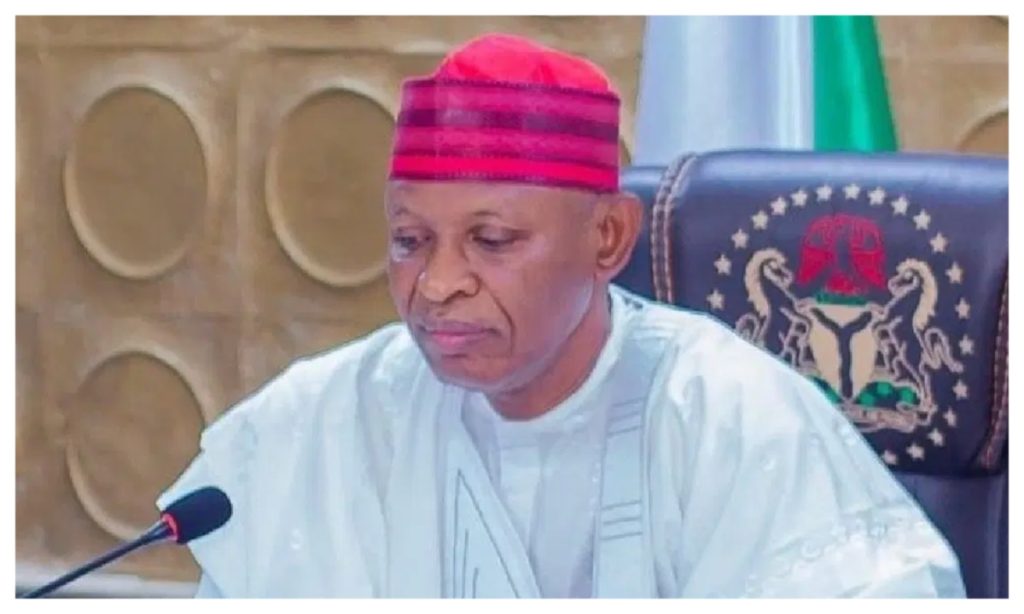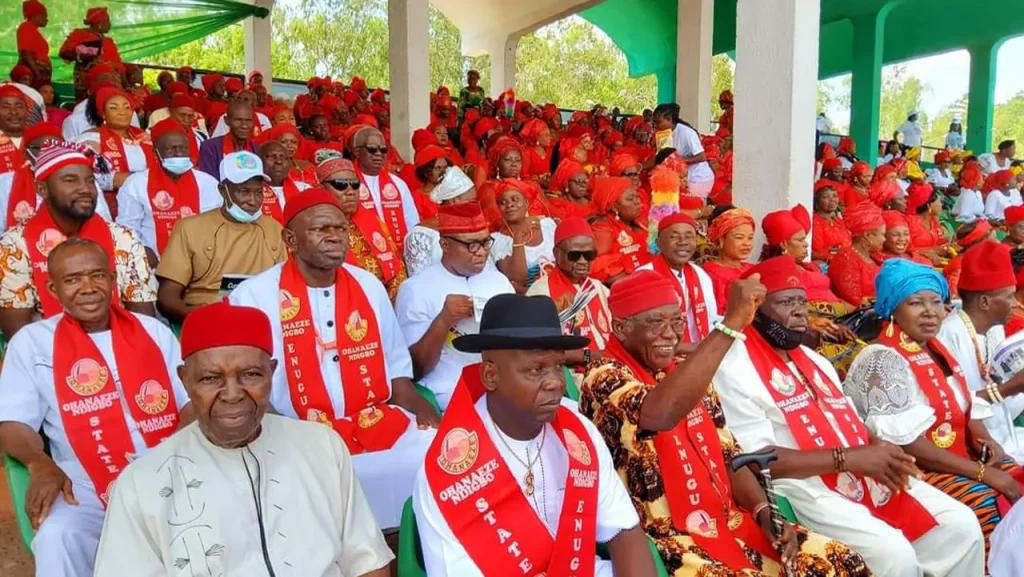Ethiopia’s Transitional Justice Process Set to Resume Amid Renewed Commitment
The Ethiopian government has reaffirmed its commitment to transitional justice, paving the way for a carefully planned resumption of the paused process. In a recent address to Parliament, Prime Minister Abiy Ahmed Ali emphasized that transitional justice is a central pillar of the country’s peacebuilding agenda, alongside national dialogue and disarmament, demobilization, and reintegration (DDR).
The pause on transitional justice had led to concerns that it might be viewed as an outcome of the national dialogue, rather than a distinct process. However, the Prime Minister’s remarks provided clarity, stating that transitional justice is designed to address past atrocities, while national dialogue aims to reach consensus on governance and state-building issues.
The national dialogue process, which is scheduled to conclude in February 2026, has been extended by a year. The Ethiopian Human Rights Commission (EHRC) has been actively engaged in public awareness and civic participation, but its efforts risk becoming fragmented without clear governmental direction.
To ensure meaningful progress, the EHRC should continue to advocate for a stronger role for civil society and the expansion of civic space. The Justice Ministry should also provide formal endorsement and coordinated action across state institutions to clarify the status of the transitional justice process and support its continued implementation.
A formal resumption of the transitional justice process is expected by early 2026. To be effective, it must be guided by principles of complementarity and sequencing, with independence among the three peacebuilding pillars. The process should be anchored in truth-seeking, accountability, reparations, and institutional reform, and should not be detached from the political and security contexts shaped by the national dialogue and DDR processes.
The immediate priority should be to finalize and review the draft transitional justice laws, which will create parliamentary ownership of the process and ensure participation from key ministries and civil society organizations. Establishing a multi-stakeholder Transitional Justice Institutional Coordination Mechanism is also essential for sustained coordination and collaboration.
Providing psychosocial and mental health support for victims of violence is also crucial, and forthcoming legislation should address this gap by institutionalizing psychosocial support as a standalone and cross-cutting component of a victim-centered approach. Sequencing will be critical after legal enactment, and a clear guideline should be developed and made public to ensure predictable and coordinated implementation.
The current pause in the transitional justice process provides an opportunity for course correction, and the Justice Ministry should use this time to reflect on implementation gaps, strengthen its internal technical capacity, and develop a more transparent and inclusive roadmap. Ultimately, the government’s renewed commitment to transitional justice must be translated into concrete action through a carefully planned and strategically sequenced recommencement of the process.



